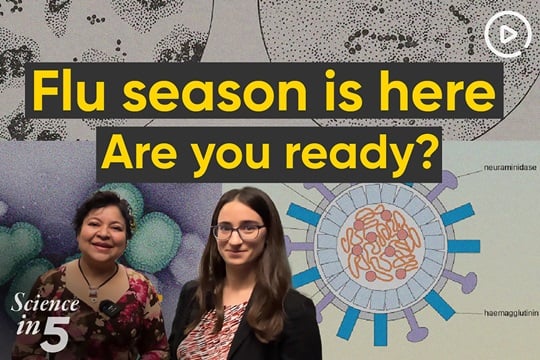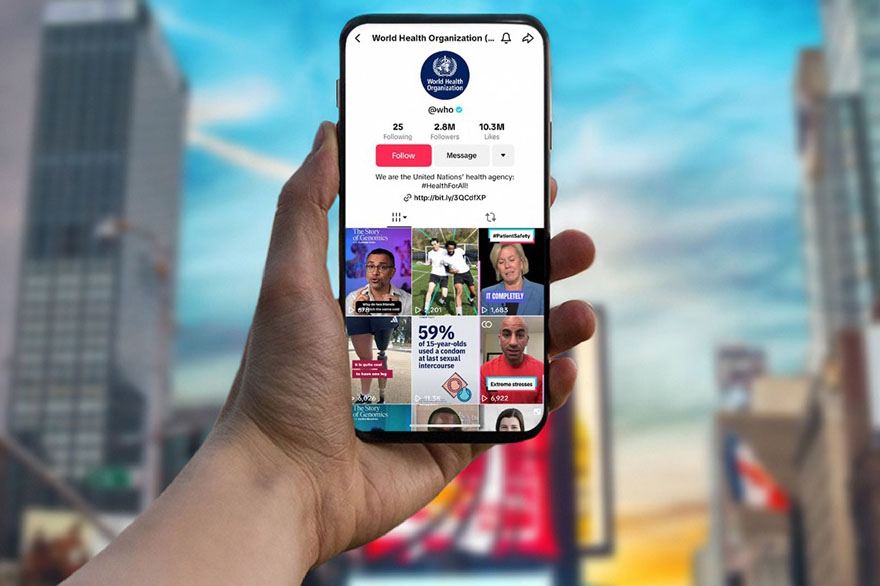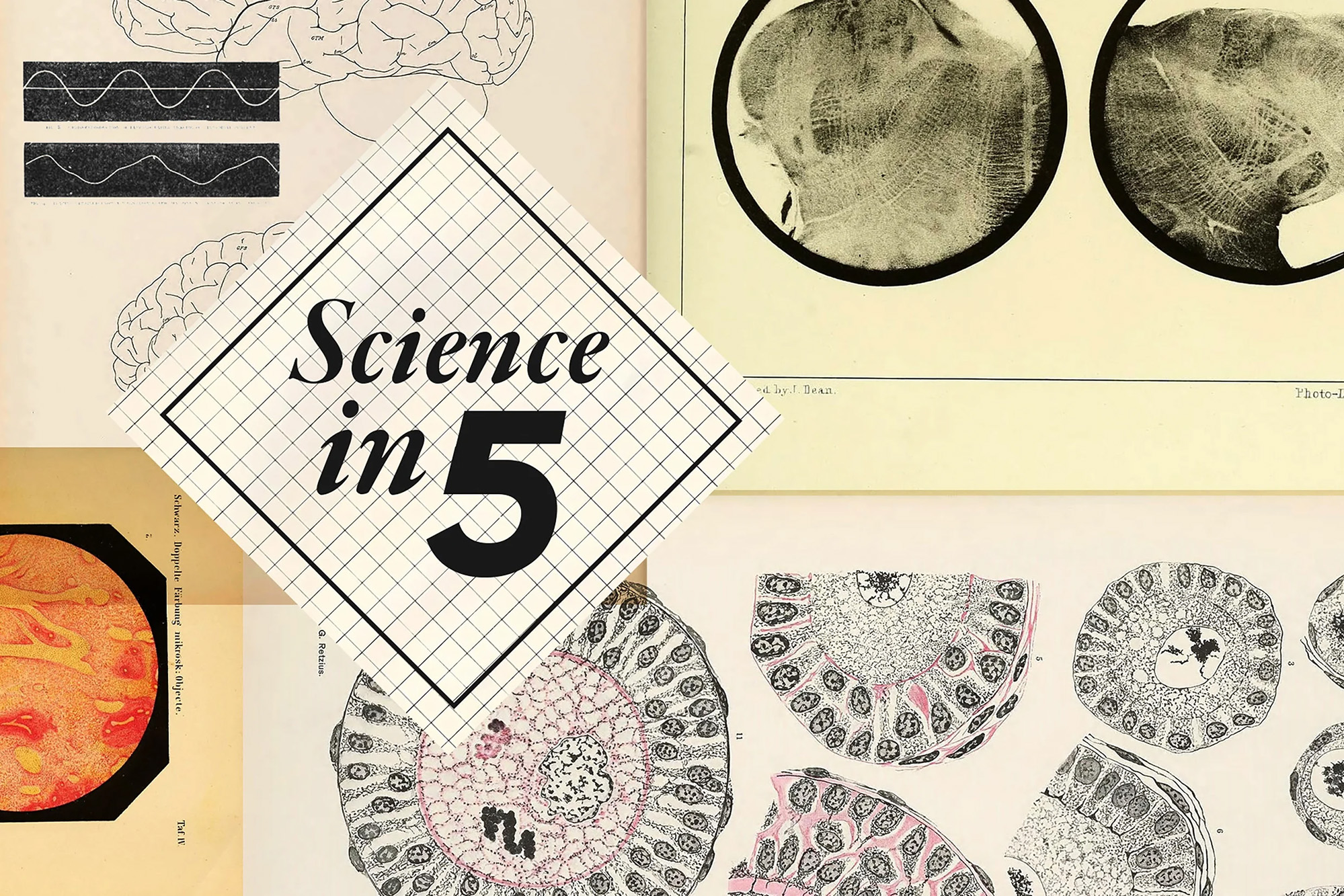“We cannot have health without peace. Peace is the most urgent medicine.”
As a doctor, Dr. Hans Kluge helped save lives in some of the toughest places on Earth. Now the World Health Organization (WHO) Regional Director for Europe, he is working to improve the health of hundreds of millions of people - in a region stretching from Vladivostok to Lisbon.
“My dream and my vision is that we have a culture of health [...] independent of your financial means, your sexual orientation, whether you are documented or an undocumented migrant, that you are empowered to live a healthy life, [...] we have to have universal health coverage.”
Stepping into his European role just as a global pandemic swept the earth, Hans never dreamed that his previous experience in crisis-hit sub-Saharan Africa would prove so useful. In this episode, Hans reflects on lessons learned during COVID, the mental health crisis, and on surprising methods to build trust with remote communities.
Photo: ©WHO










